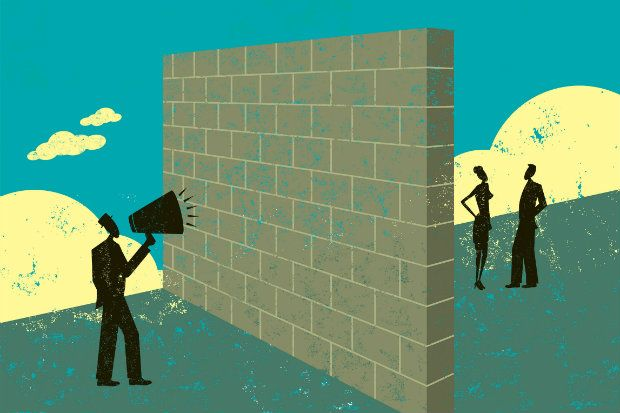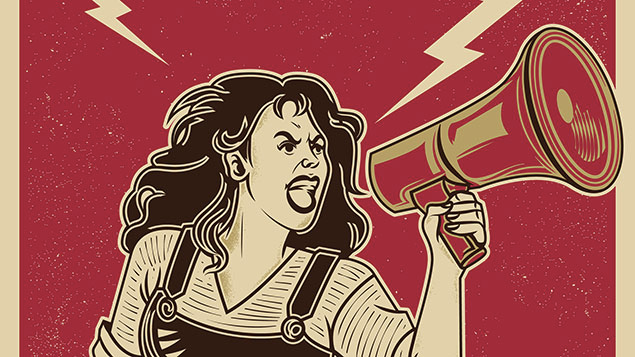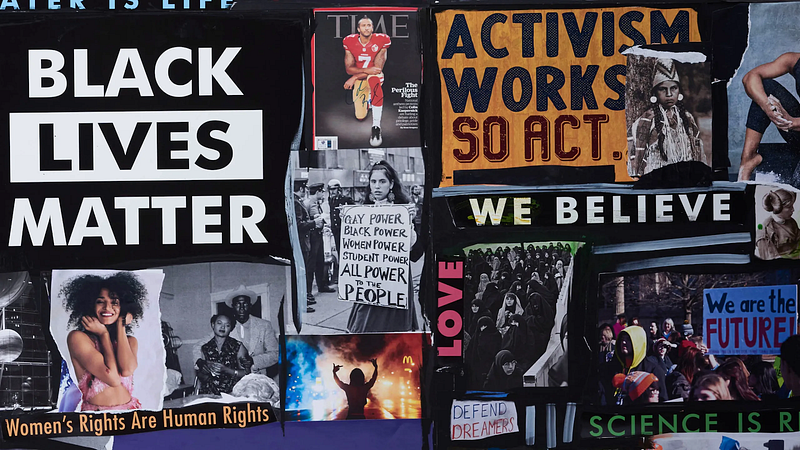Dealing With Language Barriers in Activism
Understanding one another is the key to communication. However, when communicating we may face issues such as language barriers. These…
Understanding one another is the key to communication. However, when communicating we may face issues such as language barriers. These barriers prevent us from having free flowing conversations, thus making it strenuous for us to convey the valuable perspectives we withhold. Communication should be the most convenient way to understand one another. However, the difficulties created by language barriers critically impacts the way we express our message, especially in activism, in which an individual’s main goal would be to assert a personal perspective, thus making language barriers an extensive issue.
What are the language barriers in activism ?
Although, we may abide within the same country, live in the same cities or exist in the same communities and even speak the same language, the way our language is used or the way we interpret words and phrases will always vary amongst different people. Hence, making the language we use a barrier. In addition, it is mandatory to acknowledge that our choice of words, phrases, and the way we communicate and translate our dialogue amongst one another heavily impacts whether people choose to learn from our advocacy or not.
There is constant debate and conflict between different parties on their beliefs. Heated topics such as sexism, racism, and xenophobia are persistently disputed, as different individuals have different views and understandings of these topics. The language barrier between parties causes regular misunderstandings, thus worsening the situation as well as building up larger barriers in communication.
An example of what causes these misunderstandings in activism would be the “generation gap”. While all generations represent and identify themselves with the same culture, contrasting experiences, mind sets, and cultural beliefs differ between generations and therefore cause variance in the way distinct individuals understand certain things.
However, activists should not allow these language barriers to get in the way of upholding their stand. Rather than allowing these barriers to stop them, finding a variety of ways to interpret their perspectives will enable them to overcome the language barrier.
How can we overcome language barriers?
1. Using simple language
No matter who the message is being conveyed to, simple language should be engraved into our daily habits. Not only does it enable easier understanding, it also prevents miscommunication. Some may assume simple language expresses a weaker message but the use of bombastic vocabulary only creates the opportunity for more misunderstandings and confusion, thus losing the point of our perspective. Overall, applying simpler layman terms could help to slightly break down the language barrier as well as easing the ability to understand one another.
2. Using visual methods
Like they say, pictures tell a thousand words. Words could fail us when advocating our message to the world, as they may come out unclear or not depict our perspective entirely. Therefore, using images and diagrams to convey our message would be a helpful way of expressing our activism! Not only are images and diagrams more eye-catching to the audience, they may even captivate more attention than something long and wordy.
3. Having different versions of our message translated
Platforms such as social media grants us the ability to spread our thoughts and opinions freely to millions worldwide. In addition, we are also capable of disseminating our memo in many different ways, given the privilege to translate our message into a variety of different languages and formats for all to understand. Hence, having someone translate our message in different languages and different forms of wording allows our perspectives to be conveyed by others in the most detailed way possible.
In conclusion, having respect is the key to breaking the language barrier in activism. Having the patience to take time to understand one another’s perspectives would enable us to have a better understanding of all personal perceptions, thus bringing down the language barrier we have amongst us overtime.
[Written by: Stefanie Khor]





